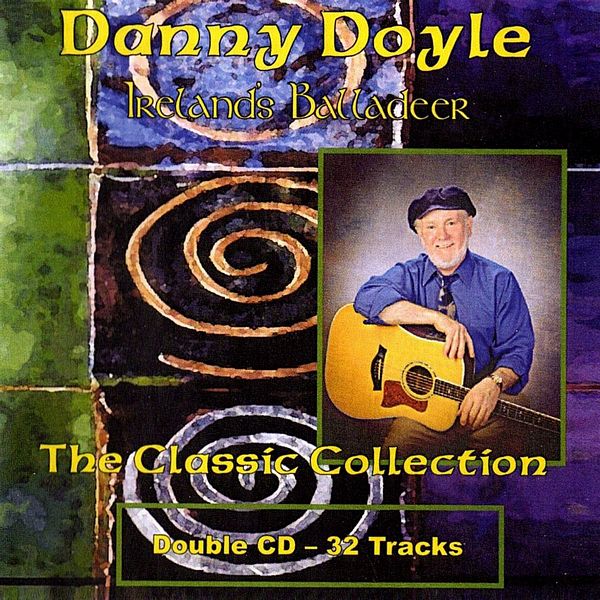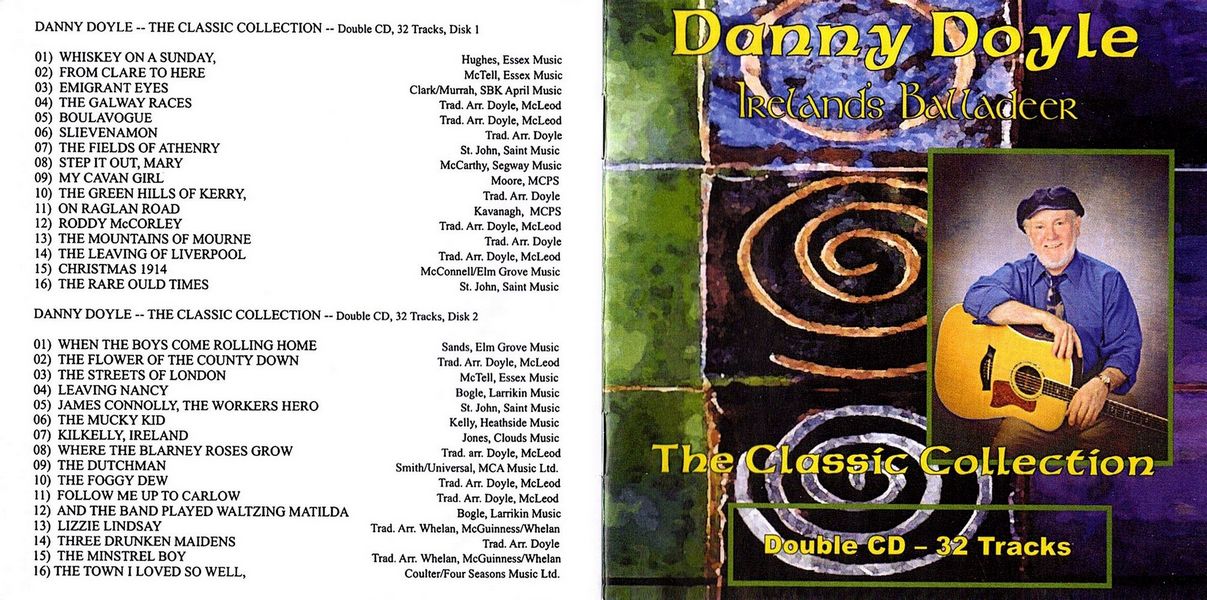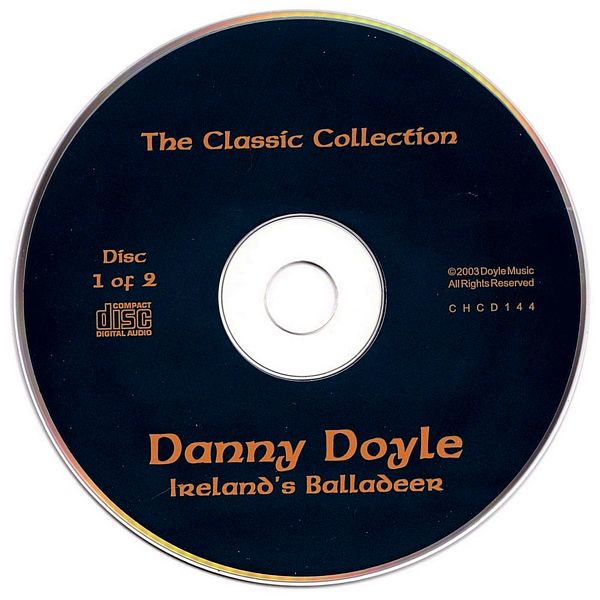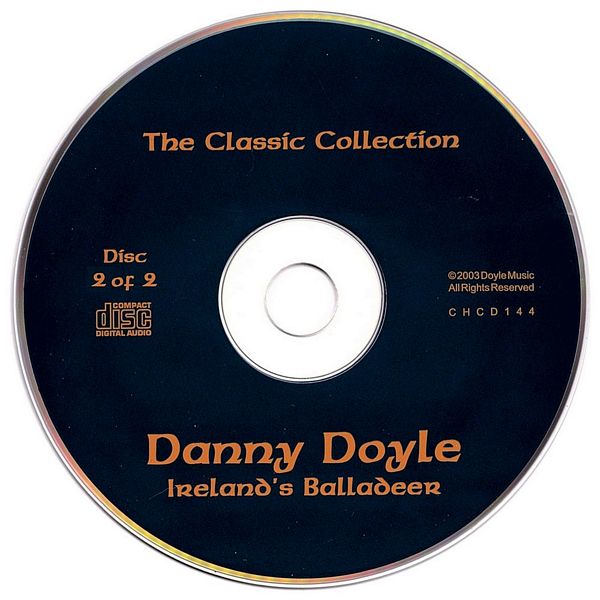

 |

 |

 |
| more images |
Sleeve Notes
I left school in Dublin at age 14, well aware of my acute ignorance of Irish history. It was a subject for which I had a great hunger. The manner in which history was taught in the forties and fifties was hardly likely to engage the mind of a child. We were given the big historical picture, an overview of a thousand years of agony, a list of battles, statutes, parliaments, dates and mere outlines of what I later would discover were some of the most remarkable events, as well as some of the most extraordinary people born in any country. However, it was at home that I developed an intense love of Irish history and its related song. I had two great teachers: my greatgrandmother and my mother, who knew that history, if it is to be remembered, must not be a stale recitation of musty facts, but should tell the small stories, those of the common people.
My great-grandmother was a woman of great spirit, full of defiance and rebel righteousness. The songs, tales and history that poured from her as she sat in her sugan chair in the chimney corner of her squalid one-room flat in the Dublin slums, would make an indelible imprint on me, as would the songs and stories heard from my mother around our own fireplace. One moment they were singing out lines from Yeats and Pearse, the next spinning the story of Grace O'Malley, the Connemara pirate queen, followed by songs of martyrs marching to the crucible, tales of tragic lovers, ghosts from Dublin streets, sharp-tongued "quare wans", slum-landlords and rebels, always rebels. A veritable galaxy of characters great and small, all were conjured to life in the swirling smoke from the turf fire. I learned back then that the songs and history are the same.
I was a somewhat introverted young boy, always reading and singing to myself, living, for the most part, in my imagination. That wasn't a bad place to reside, the imagination, for our world in those days was a drab and dreary one, the years stretching interminably long with ennui and post-war boredom. Television as yet was unheard of, so I was raised with, and had impressed upon my young mind, as much of the Irish oral tradition as I could soak up.
I loved the songs then, as I do now, for many reasons. They are a fascinating window into the past, into the social, personal and political life of the people. They were the poor man's newspaper and gave powerful expression to the emotional aspirations of a downtrodden people, and were a potent force in our nationalist history. They can be beautifully lyrical and musically sumptuous, often full of a wild, soft sadness. As weapons they were as lethal as any the invader had, and considering the horror and dark reality in which the songs germinated, they are remarkably restrained and full of a quiet dignity. They are graceful and humorous and have endured through the centuries because they are, in my opinion, honest as well as being very real art.
Those days sitting by my great-grandmother's and my mother's chimney corners marked and determined my life's course, that is, to sing the songs for their own sake, to pass them on and hope that they afford the listener a glimpse into our extraordinarily rich and dramatic past, and gain an insight into Ireland's yesteryear, the place we all came from.
The songs on which Danny Doyle was raised came from an oral culture that was alive and still vibrant when he was in his early teens, this tradition making an indelible impression on the musical Dublin lad. He learned many ballads and stories from his mother and her grandmother. After leaving school at age 14 he started doing odd-jobs at Dublin's Pike Theatre, where he began to learn from the traveling players songs from the Irish countryside.
In 1966 he returned from two years of exile in England, where he had picked up literally hundreds of folk songs, arriving to a Dublin squarely in the midst of the folk music revival. His store of little-known songs mad him an overnight success.
In 1967 he had three hits: "Step it Out, Mary" (No.1), "Irish Soldier Laddie" (No. 2) and "Whiskey on a Sunday". The latter was No. 1 on the Irish charts for 11 weeks and stayed in the hit parade for over a year.
In 1968 Danny had another No. 1 hit song, "The Mucky Kid," and in that same year Oscar-winning composer Elmer Bernstein brought Danny to Hollywood to sing on a Paramount movie soundtrack, an event which allowed Danny to undertake his first American tour.
After several more years as the toast of Irish ballad singing, with more hit records and several television series, and just before he emigrated to the United States, he recorded his anthem "The Rare Auld Times," another No. 1 hit.
Always a passionate student of history, Danny continues to choose material which is reflective of the rich Irish ballad tradition though which much of the folk-history of Ireland is preserved, while adding to his repertoire his own compositions and the best works of a new generation of songwriters.
In an impressive concert career that has spanned fifty years, Danny Doyle has been bringing the ballads, history and stories of Ireland to audiences around the world. He has a way of conjuring up the Irish island with great songs and vivid tales.
Danny avers that he is a folksinger who aspires "to link his present to his country's past, and live anew in knowledge of his sires," through the songs and folk history of the land of his birth. He has recorded 24 albums.
Danny Doyle, The Classic Collection is a 32-song double CD retrospective of his work over the years, including his Irish hit songs.